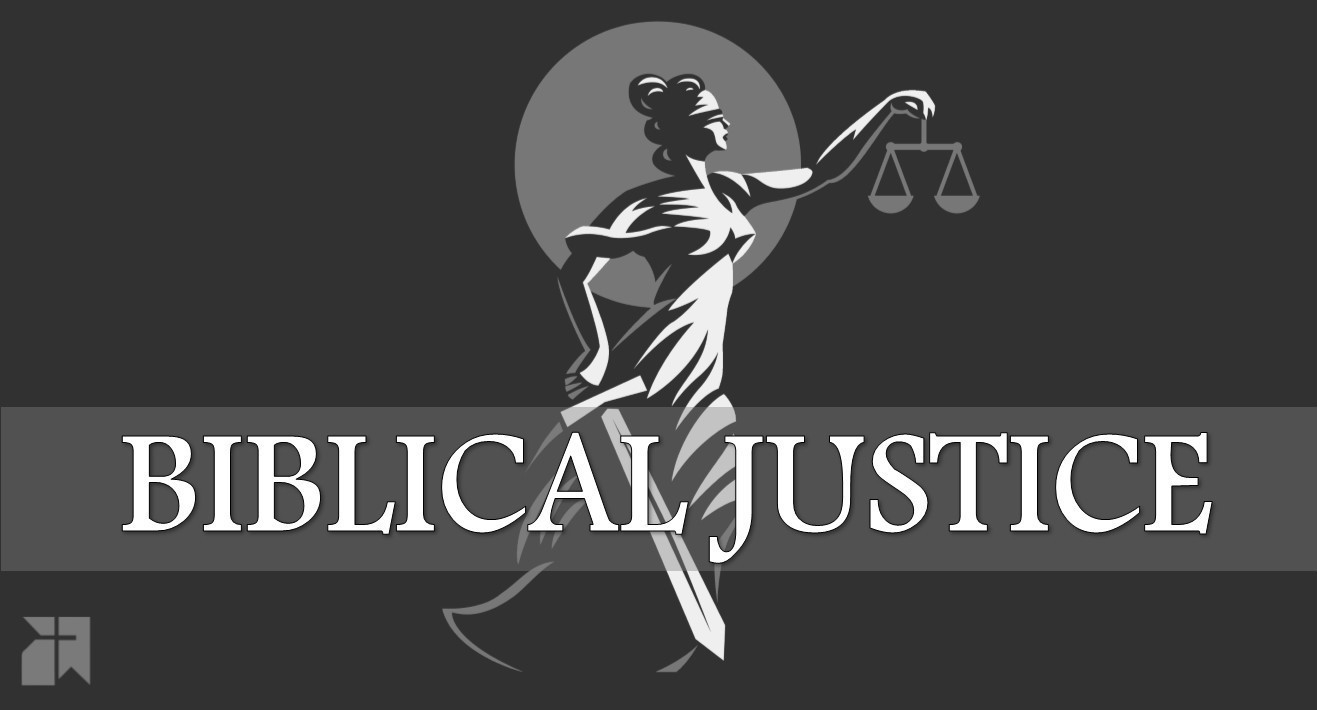Strong Beliefs + Bad Strategy = A Big Problem


Strong beliefs + a bad strategy = a big problem. Consider the explosion of peanut allergies in the United States in recent years. Peanut allergies used to be relatively rare up until the mid-1990s. Although few children had peanut allergies, a small number of severe cases were causing many doctors, scientists, educators, and parents to be concerned. They developed a strong belief that this was a bad thing.
But what could be done? For many, the strategy was obvious: Protect kids from peanuts, peanut products, and anything that has been in contact with nuts of any kind. A few years later, it became obvious to many this approach was a bad strategy and the results created a big problem.
In their book, The Coddling of the American Mind, Greg Lukianoff and Jonathan Haidt write: “It was later discovered that peanut allergies were surging precisely because parents and teachers had started protecting children from exposure to peanuts back in the 1990s.”[1] Today, some estimate that 1 in 50 children have a peanut allergy, compared to a study in the mid-1990s that found only four out of a thousand children under the age of 8 had such an allergy. Strong beliefs + bad strategy = a big problem.
That same formula is posing a different type of disaster in our world today. Most American citizens share a strong belief that racism is bad. From the lynching trees in America to the smokestacks in Auschwitz, most people agree that racism is a horrible evil. And yet in America we’re experiencing a big problem the past decade has witnessed greater race tensions, greater division, greater unrest, and greater fear. Case in point: Lifeway recently reported that Protestant pastors in America believe their churches are significantly less likely to welcome a sermon on racism than they were a mere four years ago.[2] But why?
I believe it’s partially because we’ve adopted (either implicitly or explicitly) a bad strategy to combat the evils of racism. That bad strategy is what I’ll call Social Justice Worldview.
What is Social Justice Worldview?
Why is social justice worldview a bad strategy? I mean, it sounds really good! The term justice is a biblical world! It’s all over Scripture! To call it social justice should simply mean that it’s justice that impacts society. But in the words of Inigo Montoya—“You keep using that word. I do not think it means what you think it means.”
Sadly, in most instances the term Social Justice doesn’t refer to a biblical conception of justice working its way into the public square. It refers to an entire worldview. Thaddeus Williams says this: I am convinced that social justice is one of the most epic and age-defining controversies facing the twenty-first-century church. In the twentieth century you would encounter the term social justice while auditing a sociology course or perhaps joining the chapter of a local activists’ group. Now it is in our coffee shops, our ads for soda, shoes, and shaving cream, our fast food establishments, our Super Bowls, our internet browsers, our blockbuster movies, our kindergarten curricula, our Twitter feeds, our national media, and our pulpits. It’s everywhere.”[3]
Non-Christian progressive critics like James Lindsay, Helen Pluckrose, and Andrew Sullivan call it the religion of social justice. Scott David Allen calls it ideological social justice. Elizabeth Corey, a political science professor at Baylor, calls it a “quasi-religious gnostic movement.” But what is it?
In their book, Cynical Theories, James Lindsay & Helen Pluckrose write: “This is a worldview that centers social and cultural grievances and aims to make everything into a zero-sum political struggle revolving around identity markers like race, sex, gender, sexuality, and many others.”[4] In other words, the world is divided into two tribes: oppressors and victims. The job of the victims is to overthrow the traditional structures and systems that keep the oppressors in power and redistribute power and resources to the victims.
This week on the blog I hope to show you why Social Justice Worldview is a bad strategy to combat the evils of racism. I want to do this by contrasting the Social Justice Worldview with the Christian worldview on one point: their doctrine of sin.
Every worldview has a doctrine of sin. They may not use the word sin, but every worldview from Atheism to Islam answers the question “what is wrong with the world.” And their answer to that question is their doctrine of sin.
Many people promoting Social Justice worldview may have a genuine desire to correct a serious problem. Like parents trying to protect their children from peanut allergies, many of these men and women mean well. But Social Justice Worldview is a bad strategy to combat the evils of racism. Stay tuned this week to find out why.
[1] Greg Lukianoff and Jonathan Haidt, The Coddling of the American Mind: How Good Intentions and Bad Ideas Are Setting Up a Generation for Failure (New York: Penguin Press, 2018), 20. [2] https://lifewayresearch.com/2021/01/12/pastors-more-hesitant-to-preach-on-race/ [3] Thaddeus Williams, Confronting Injustice without Compromising Truth: 12 Questions Christians Should Ask about Social Justice (Grand Rapids: Zondervan Academic, 2020), 1. [4] Helen Pluckrose and James Lindsay, Cynical Theories: How Activist Scholarship Made Everything about Race, Gender, and Identity―and Why This Harms Everybody (Durham, NC: Pitchstone Publishing, 2020), 15.
.png)